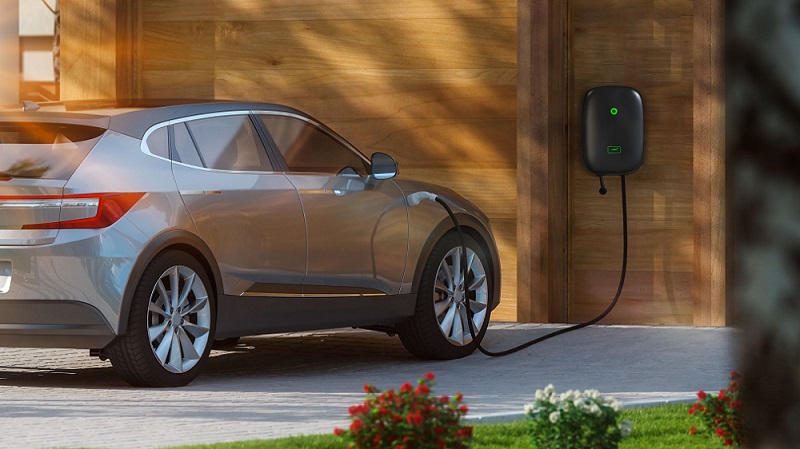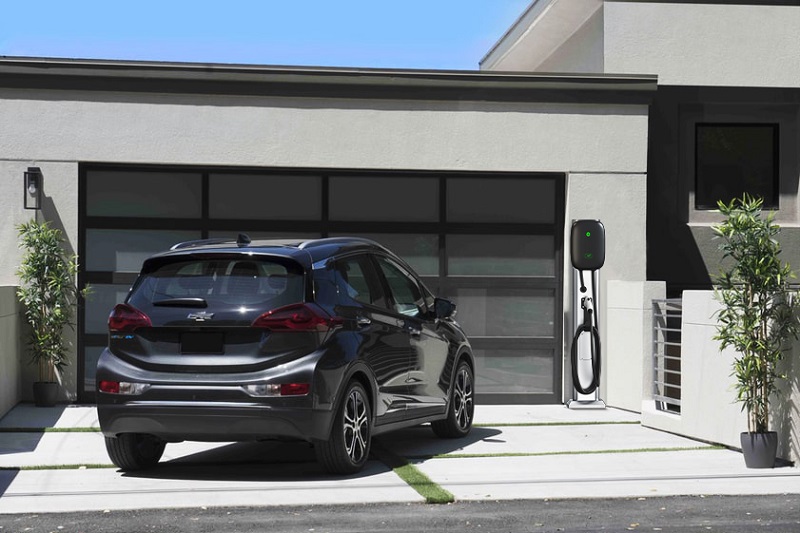
As electric vehicles (EVs) continue to gain widespread popularity, the effects of fast charging, specifically Level 3 DC fast charging, on battery health have emerged as a crucial focus of investigation. This blog aims to provide a comprehensive understanding of this dynamic by delving into the findings of two groundbreaking studies conducted by the U.S. Department of Energy and the Idaho National Laboratory. These studies shed light on the intricate relationship between fast charging, particularly DC charging, and the performance of EV batteries.
Understanding Level 3 DC Fast Charging:
At the forefront of advancements in EV charging technology, Level 3 DC fast charging stations employ high-powered, direct current (DC) charging methods to efficiently deliver substantial energy to an electric vehicle's battery in a short timeframe. This technology plays a pivotal role in providing rapid recharge solutions, especially beneficial for drivers on daily commutes or embarking on long-distance journeys.
Importance of Level 3 DC Fast Charging:
Enhanced Convenience: Level 3 charging significantly reduces charging time, offering EV owners a convenient and time-efficient solution, particularly beneficial for daily commuting or long-distance travel.
Mitigating Range Anxiety: The rapid recharge capability of Level 3 chargers helps alleviate range anxiety—a psychological barrier hindering widespread EV adoption.
Supporting Long-Distance Travel: Strategically deployed along highways, Level 3 DC fast charging infrastructure enables confident long-distance travel, crucial for establishing the feasibility of electric vehicles for extensive journeys.

Exploring the Impact of DC Fast Charging:
While DC fast charging provides tremendous convenience for EV owners, it raises considerations regarding its potential impact on the electric car's battery.The U.S. Department of Energy and the Idaho National Laboratory have conducted extensive research on EV chargers. Studying the effects of DC fast charging on battery life and vehicle performance, the U.S. Department of Energy found that frequent DC fast charging may lead to a shorter battery life. The high charging power generated by fast chargers is a potential source of increased battery heat and accelerated electrolyte degradation.
Idaho National Laboratory conducted the Fast Charge Effects on Battery Life and Vehicle Performance Study, They tested it by driving a 2012 Nissan Leaf electric car 50,000 miles. Controlling variables in the study, some vehicles used DC fast charging while others used AC level 2 charging.
The difference in battery capacity loss after 50,000 miles was found to be between 3% and 9% for vehicles using DC fast charging compared to those using AC Level 2 charging. While these outcomes may initially seem contradictory, the reality is more nuanced. Geotabs' 2020 study indicates a marginal increase in battery degradation (0.1%) for vehicles fast charging more than three times a month compared to non-fast chargers.
It's essential to note that EV batteries gradually age, losing about 2.3% of capacity per year. While fast charging may accelerate capacity loss, its actual impact is only about 0.1% more than without using fast charging.
Conclusion:
In conclusion, while DC fast charging raises concerns about EV battery health, its impact on battery life is minimal. For those still apprehensive, referring to recommendations from major electric vehicle manufacturers on healthy charging practices can further mitigate battery life consumption.
Post time: Jun-03-2019
